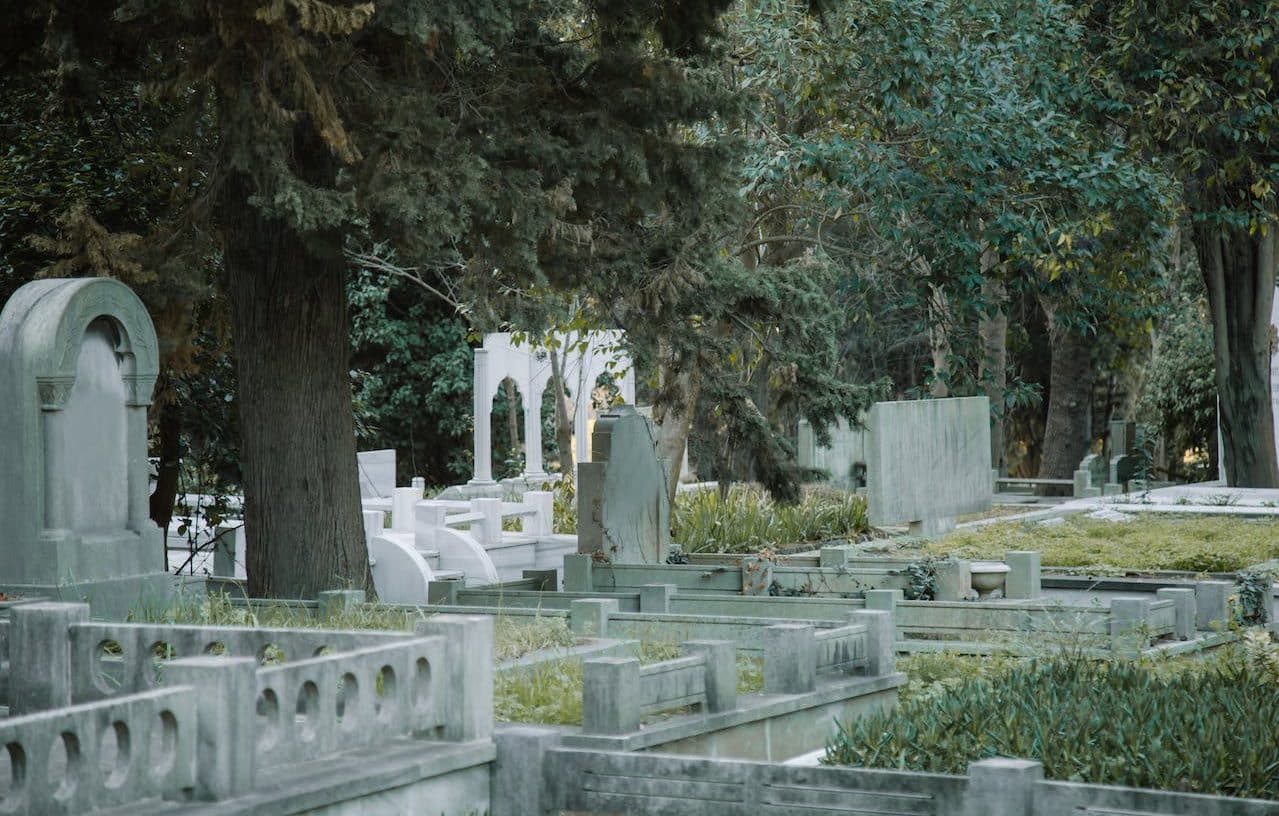
Desecration implies an attack against something sacred.
Desecration is the process and result of desecrating . This action, therefore, implies the development of a profane act that is oriented towards entities, objects or subjects that have a special symbolic value for society.
It should be noted that desecrate is a verb that refers to disrespecting something religious or sacred . By profaning, therefore, one dishonors, insults or defiles a thing that, due to its characteristics, deserves respect.
Examples of desecration
If two people enter a church , undress and begin to have sexual relations on the altar , it can be said that they have proceeded to desecrate the temple. Their indecent behavior goes against everything that the building means and represents a serious moral failure.
The desecration of a cemetery , for its part, consists of actions such as the destruction of tombstones, the unearthing of corpses and the inscription of offensive phrases on the structures of the necropolis. Throughout history , different anti-Semitic groups have attempted to attack the Jewish community through the desecration of its cemeteries.
Another type of desecration occurs when someone does something improper with a sacred host . In Catholicism, the already consecrated host offered at mass represents the body of Christ . Therefore, if a person spits out the host that the priest brings to him and, once he is on the ground, begins to step on it, he will have committed the desecration of this symbol.
Desecration also opens the doors to the human bone business , something that usually involves medical students, both directly (desecrating the graves themselves to steal the remains) and indirectly (hiring third parties to do the dirty work). Shamans and witches also rely on the desecration of tombs to obtain bones that they later use in their rituals.

A church can be the victim of desecration.
The consequences
Different types of punishments may apply to desecration. In many cases, desecration also involves the commission of a crime (burning down a church, for example), and can be used as a symbol of revenge, something that often occurs between gangs .
It is not uncommon for members of a criminal gang to dig up the body of a member of the rival gang and try to burn it to send an arrogant and hostile message, either to collect money for an old offense or to impose themselves and demonstrate their strength. In this case, it can be seen how the same term (desecration) can serve to define two absolutely different attitudes: while in some cases the objective is investigation, in others it is nothing more than a mere act of vandalism , although of alarming severity.
The Catholic Church, meanwhile, is strongly opposed to the desecration of tombs, given that for its religion the body is an earthly temple , which the loved ones of the deceased person honor after having said goodbye to their spirit on their journey to the kingdom of God. . In fact, he considers that when this act is carried out in an organized manner and in a group it is even more serious than if it is an isolated event in the hands of a single individual, since it speaks of the degree of perversion and coldness to which it can reach. our species.
Desecration as a business
There are people who are dedicated to digging up corpses and stripping them of the valuables with which they have been buried and then selling them. This activity, which for the majority is absolutely unacceptable and macabre, is the way in which these criminals "make a living."
To choose the tombs with the best loot, they closely follow the burials that take place in the cemeteries to which they have access. Far from feeling guilty about what they do, many claim that it is "preferable to rob a dead person than a living one."
